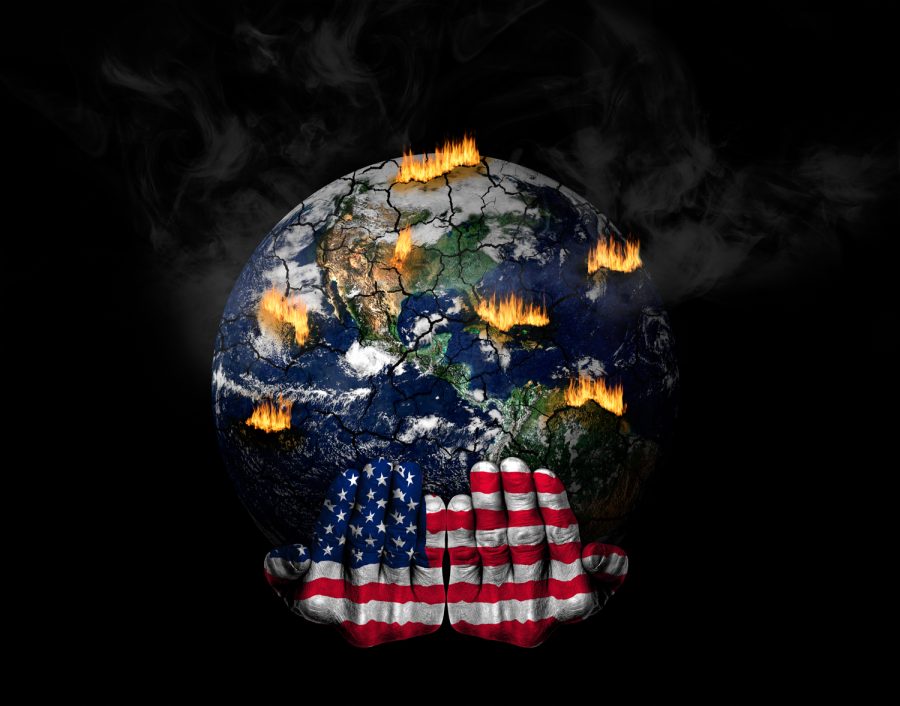
“Freedom’s just another word for nothing left to lose.”
Acclaimed singer, songwriter, and actor, Kris Kristofferson, wrote these words for the song “Me and Bobby McGee” in 1969. At the time, little did Kristofferson know the lengths his song would travel, not only through performances by varying musicians and genre interpretations, but also through generations of relevance.
The song’s most successful cover, by Janis Joplin, tells the story of two lovers who drifted apart after wearisome travels together on the road. In her interpretation, the character “Bobby McGee” leaves the duo’s hitchhiking, adventurous lifestyle to find a steady home without Joplin.
Joplin’s usage of “freedom,” offers a melancholy perspective on losing her companion. While she now has the freedom to continue the venturesome lifestyle she once thought she desired, she also discovers this freedom carries the pain of loneliness.
The narrator begins to find her wanderlust livelihood pointless without her partner.
Following the tale of the breakup with, “but I’d trade all of my tomorrows for one single yesterday, to be holding Bobby’s body next to mine,” we understand the heaviness and divergence in interpretations of “freedom” contained within this seemingly simple line.
Throughout “Me and Bobby McGee,” “freedom” is a stabbing double-edged sword.
So, what interpretation does “freedom” take regarding the American relationship with the environment?
The foundation of America’s ethos is freedom. The freedoms to participate in democracy, practice religion, speak according to your own will, and to petition the government are among the constitutional freedoms guaranteed to U.S. citizens.
While our freedoms are inherently important, allowing the exchange of ideas and ability to change our realities, they can also be abused.
People often use “freedom” as a form of detachment from the reality of their actions.
We have seen harm derived through the “values” of freedom, to put it kindly, throughout the pandemic. Those who chose not to wear masks or refused to get vaccinated during this time disregarded the well-being of others and used freedom as their crutch.
Is doing something that can hurt someone or something right simply because you have the ability or permission? Absolutely not. “Freedom” should never be an honored excuse for detachment from social responsibility and cooperation among all people.
However, this sad excuse and abuse of freedom can be seen through harmful actions — not only toward people, but also the environment. When it comes to consuming resources, Americans are too comfortable with a “use it and lose it” lifestyle.
According to a 2021 energy system study conducted by Michigan’s Center for Sustainable Systems, the United States, hosting less than 5 percent of the world’s population, consumes almost 16 percent of global energy.
To put this into perspective, the United States’ energy consumption is second to China, whose population is equivalent to over 18 percent of the world.
How can we be so comfortable consuming at such high rates? Our ideologies of consumerism that are backed by American exceptionalism, or the belief that our nation is inherently different from the rest because of our freedoms.
Capitalism-driven consumerism encourages people to partake in unnecessary mass consumption while incentivizing businesses to overproduce products, degrading environmental resources, for higher profits.
While American exceptionalism is built upon our ideologies of freedoms and liberty, it can also have the effect of superiority and entitlement.
Due to our privilege as a wealthier nation, this superiority has led to a detachment from the consequences of our environmentally degrading actions.
We outsource our polluting, dangerous factories to marginalized countries that cannot fight against unjust labor demands. We send away our recycling with hopes it gets taken care of. We dump our garbage anywhere other than our own backyards. We send all these products of consumerism away with the hope to never see their brutal effects and the reality of climate change.
No products are truly disposable or single use, because they will continue to exist and cause harm for centuries somewhere else.
But where are we really sending these products? Where is “somewhere else” when the Earth itself is a closed system.
We are entrapping ourselves with the consequences of climate change while expediting this harm to our worldly community.
So, when will “freedom” become a word for nothing left for us? What happens when we realize we can’t trade our tomorrows for yesterday?
While these words immortalized Joplin, I believe they can sustain us, too.
Joplin learned her life separate from a partner was not worth living. Through this story, we see that some encumbrances are worth the sacrifice of our individuality.
Is practicing your freedom of consumption the most valuable thing in the world? No.
Deny the conveniences of capitalism and adopt a slower lifestyle of consumption. Become mindful of the products you truly need and eliminate those you don’t. You have the freedom to consume, so when you can, choose not to.
Use your granted individuality to take on eco-friendly responsibilities even if it adds some constraints to your “free” lifestyle.
Columns reflect the opinions of the authors and are not necessarily those of the Editorial Board, The Daily Iowan, or other organizations in which the author may be involved.
"freedom" - Google News
April 14, 2022 at 07:09AM
https://ift.tt/zgPnqZC
Opinion | The toxic relationship between 'freedom' and environmental resources - UI The Daily Iowan
"freedom" - Google News
https://ift.tt/1upWby8
https://ift.tt/CyDUOo4
Bagikan Berita Ini














0 Response to "Opinion | The toxic relationship between 'freedom' and environmental resources - UI The Daily Iowan"
Post a Comment